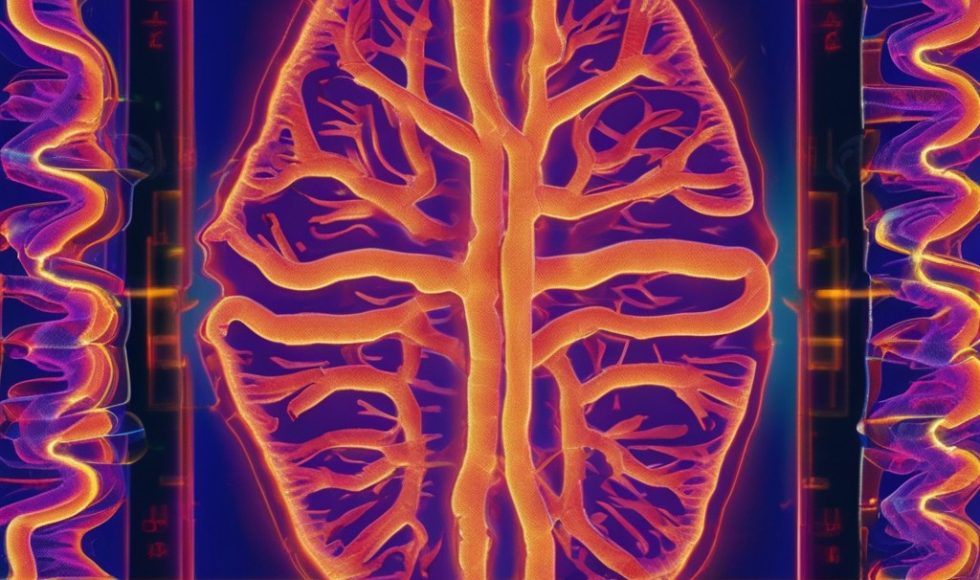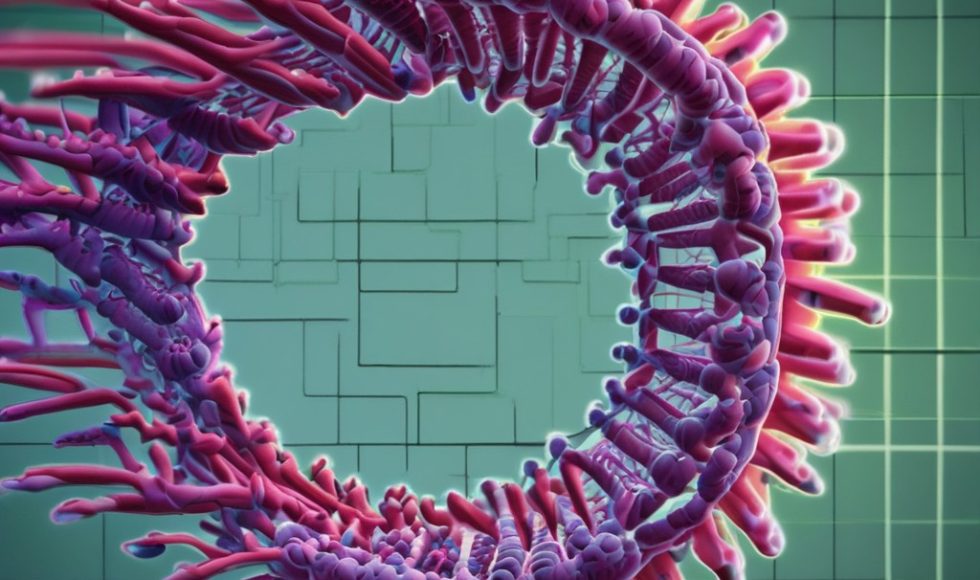Stephen Meyn from the Center for Human Genomics and Precision Medicine at the University of Wisconsin-Madison presented at London Calling 2024. The session title was “BadgerSeq: a deecentralized model for ultra-rapid, long-read, whole-genome sequencing.” Meyn spoke about rare genetic disorders in the NICU and the importance of diagnosis. Meyn emphasized the need for speed and […]
Sophia Gibson from the University of Washington presented at London Calling 2024 on “Haplotype-resolved repeat expansions & methylation patterns in 1000 Genome Project data.” Gibson noted that clinical genetic testing typically requires multiple tests and clinic visits… and is diagnostic in fewer than 50% of cases. This is described as the “diagnostic odyssey.” Long-read sequencing […]
Sarah Cameron from the University of Bath presented at London Calling 2024 a short session with the title “100 years of Bordetella pertussis evolution in the UK.” They noted that we have had a vaccine for Bordetella for decades and it changed to an acellular version in 2001. The genome of this organism varies through […]
Matthew Jones from Stanford University presented at London Calling 2024 a session titled “CoRAL accurately resolves extrachromosomal DNA structures with long-read sequencing.” This toolkit can be used to study extrachromosomal or ecDNA, a form of oncogene amplification in cancers. ecDNA is not found in normal cells, is associated with shorter patient survival, and is large: […]
I am preparing to go to Seattle tomorrow to visit the Allen Institute again! Tonight I watched Ronja Friedhoff from the Technische Universitat Braunschweig in Germany present at London Calling 2024. The title of the session is “Accessing the biosynthetic gene repertoire of medicinal plants.” Friedhoff started by asking, “What secrets are hidden in plant […]
We are back from the beach! Tonight, I watched Rosemary Bamford from the University of Exeter in the UK present at London Calling 2024 on “Full-length transcript atlas of the developing human cortex.” Bamford is from the Complex Disease Epigenomics Group, and they study disease-associated genomic variation. Bamford explained alternative splicing as a way of […]
Darren Soanes from the University of Exeter in the UK spoke at London Calling about “DNA modifications in specific nuclei populations purified from human brain tissue.” Soanes is in the Complex Epigenetics Group at Exeter. They study cytosine modifications 5mC and 5hmC. The group has completed studies on methylation patterns in brain samples. Soanes noted […]
Morghan Lucas from the Medical Genetics Center in Germany presented at London Calling 2024 on “Genetic and epigenetic profiling of FSHD by nanopore sequencing.” Facioscapulohumeral muscular dystrophy (FSHD) is a genetic muscle disease affecting the muscles of the face, shoulders, and upper/lower limbs, Lucas explained. It is the third most common muscular dystrophy: 1:20,000. The […]
Rui Chen from Baylor College of Medicine presented at London Calling 2024 a session titled “Single-cell characterization of transcript isoforms with long-read RNA sequencing.” Their lab is interested in the retina since it is “the main target of irreversible blinding diseases.” In mice, there are over one hundred cell subtypes in the retina, noted Chen. […]
Billy Lau from Stanford University returned to London Calling 2024 and spoke about “Joint fragmentomic and methylation signatures of cfDNA for cancer detection.” They began by defining liquid biopsies for non-invasive cancer measurement as typically being blood draws used for sequencing and multi-omic analyses. They also explained how epigenetic reprogramming in cancer occurs and how […]








